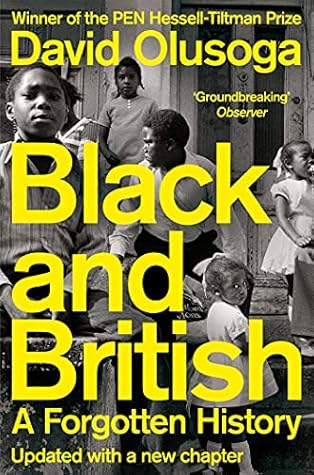Like Samuel Johnson before her, Elizabeth Heyrick was radical enough to be openly sympathetic towards slave rebellions, seeing them as legitimate rejections of tyrannical rule. Heyrick was a product of the second wave of female abolitionism that was concentrated in women’s abolitionist committees and societies across the country. Again women became the proselytizers of the sugar boycott and the organizers of abolitionist meetings and petitions. But in the 1820s female abolitionists appeared more radical than their male counterparts. In the city of Sheffield there was something approaching a
...more
Welcome back. Just a moment while we sign you in to your Goodreads account.


